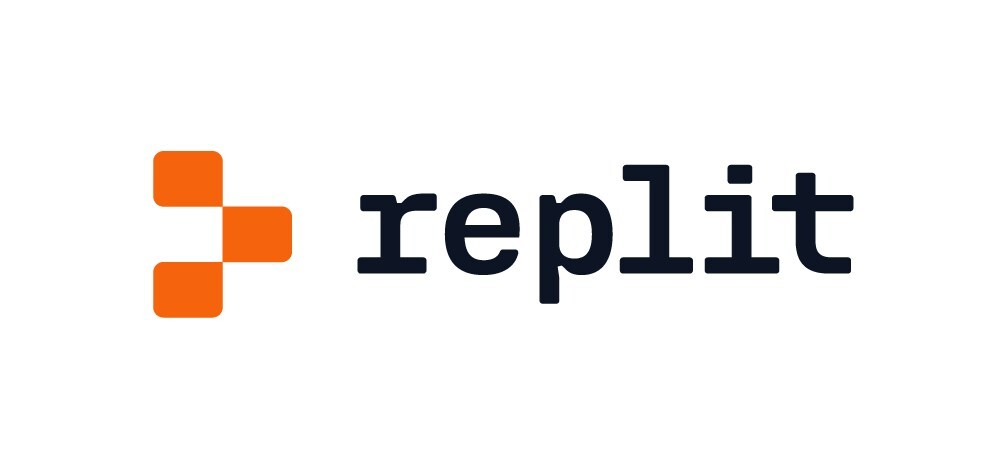Mozilla released Firefox 141, bringing a smart upgrade to tab management with local AI-powered grouping. Users can right-click a tab group and select ‘Suggest more tabs for group.’ Firefox will automatically identify similar tabs based on titles and descriptions.
The AI runs fully on-device, ensuring privacy and allowing users to accept or reject suggested tabs.
This feature complements other improvements in this release: Firefox now uses less memory on Linux, avoids forced restarts after updates, offers unit conversions directly in the address bar, and lets users resize the bottom tools panel in vertical tab mode.
It also boosts Picture-in-Picture support for more streaming services and enables WebGPU on Windows by default. These updates collectively enhance both performance and usability for power users.
Would you like to learn more about AI, tech and digital diplomacy? If so, ask our Diplo chatbot!










